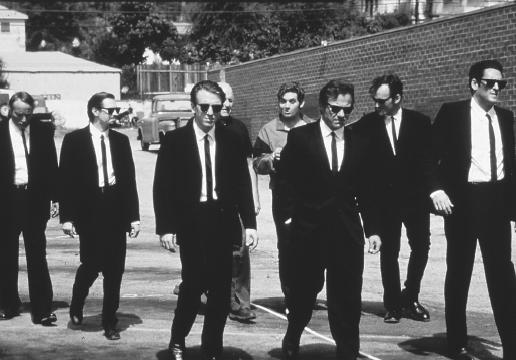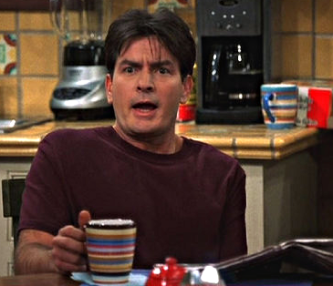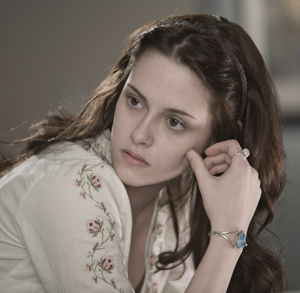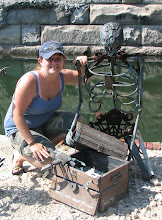Fight Club was a pleasant surprise for me. I had seen only clips of the movie prior to class, so I was under the false impression that the movie was about nothing but fighting. I was glad to be proven wrong in my assumption. There was a much deeper story to the movie, but I’m not sure I quite understood it. 
The main character obviously had multiple personalities. When he became Tyler Durden, his life was turned upside down. Tyler burned his apartment and threw him into an entirely new lifestyle full of secrets and mystery by starting the underground “Fight Club.” There were motives behind all of his actions that could be debated for years and never be fully understood. He wanted freedom from all the physical belongings and societal norms that held him back, but in creating his own freedom he bound his soldiers to rules stricter than what you would find in a black ops military regiment. Tyler also wanted equality for everyone, or so it seemed when he said he wanted to destroy the credit companies so that everyone could start at zero again. But once again there was hypocrisy in that desire because he was making himself the supreme ruler of this new world by making everyone else his soldier. I’m sure there was a lot more to his thinking than that, but those were the two aspects of his operation that stood out to me the most and seemed the most contradictory.
The complexity and hypocrisy of the narrator/Tyler was all a part of the satire and humor of this movie though. We were thrown into a world where we saw all of the mundane and mediocre things we love blown away by the Fight Club phenomena. Men who had worked hard their entire lives to climb the corporate ladder were suddenly reverting back to their animalistic tendencies every night when they went to fight in a dirty basement of a club on the wrong side of town. In many ways this movie showed us how trivial all the things we value are and how easily we can live without them if we let nature take over. This movie also shed light and humor on sides of life that people are often afraid to laugh at. Self-help groups aren’t typically a laughing matter, but when a grown man becomes addicted to them because he likes to cry, it’s a whole new story. Suicide is also a serious subject, but when you see Marla using it as a pitiful way to sleep with someone, you are able to laugh and see how irrational people can become when they actually just want attention. We saw all of these issues that people usually don’t discuss blown out of proportion and turned comical by the nutcase characters we were forced to love.
Fight Club was over-the-top, nasty, action-packed, incredibly sarcastic, and undeniably cool. What a great way to end a semester.

The main character obviously had multiple personalities. When he became Tyler Durden, his life was turned upside down. Tyler burned his apartment and threw him into an entirely new lifestyle full of secrets and mystery by starting the underground “Fight Club.” There were motives behind all of his actions that could be debated for years and never be fully understood. He wanted freedom from all the physical belongings and societal norms that held him back, but in creating his own freedom he bound his soldiers to rules stricter than what you would find in a black ops military regiment. Tyler also wanted equality for everyone, or so it seemed when he said he wanted to destroy the credit companies so that everyone could start at zero again. But once again there was hypocrisy in that desire because he was making himself the supreme ruler of this new world by making everyone else his soldier. I’m sure there was a lot more to his thinking than that, but those were the two aspects of his operation that stood out to me the most and seemed the most contradictory.
The complexity and hypocrisy of the narrator/Tyler was all a part of the satire and humor of this movie though. We were thrown into a world where we saw all of the mundane and mediocre things we love blown away by the Fight Club phenomena. Men who had worked hard their entire lives to climb the corporate ladder were suddenly reverting back to their animalistic tendencies every night when they went to fight in a dirty basement of a club on the wrong side of town. In many ways this movie showed us how trivial all the things we value are and how easily we can live without them if we let nature take over. This movie also shed light and humor on sides of life that people are often afraid to laugh at. Self-help groups aren’t typically a laughing matter, but when a grown man becomes addicted to them because he likes to cry, it’s a whole new story. Suicide is also a serious subject, but when you see Marla using it as a pitiful way to sleep with someone, you are able to laugh and see how irrational people can become when they actually just want attention. We saw all of these issues that people usually don’t discuss blown out of proportion and turned comical by the nutcase characters we were forced to love.
Fight Club was over-the-top, nasty, action-packed, incredibly sarcastic, and undeniably cool. What a great way to end a semester.















